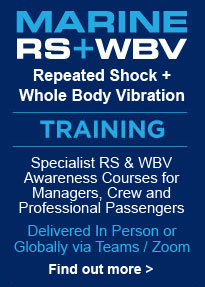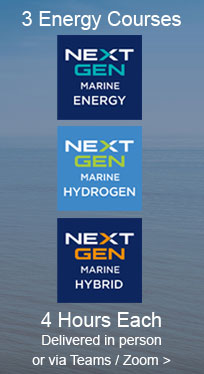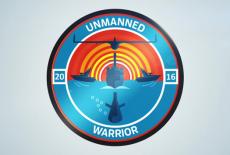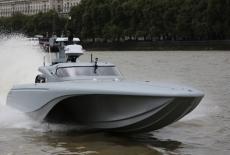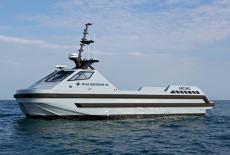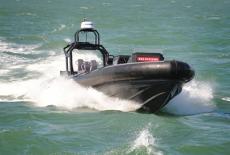Royal Navy Launch Unmanned Warrior 2016

04.10.2016
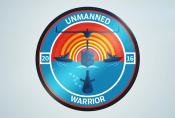
Unmanned Warrior Event 2016 Royal Navy
The UK’s Maritime Autonomy Surface Testbed (MAST), an Unmanned Surface Vessel (USV) based on the innovative Bladerunner hull shape, has undergone trials in September on the Tidal Thames, London.
The 9.75 metre (32 feet) MAST is one of over 40 Autonomous Systems taking part in Unmanned Warrior 2016 this autumn off West Wales, North West Scotland and the Western Isles.
In conjunction with industry and international partners, the Royal Navy has created an exciting opportunity for engineers and scientists to demonstrate state of the art technology during Unmanned Warrior, the biggest event of its kind, and explore the ideas that will help shape the future of Naval Warfare for decades to come.
Unmanned Warrior enables industry and operators to demonstrate the latest unmanned system technologies, including air, surface and sub-surface vehicles and sensors. The objective is to explore the feasibility of increasing the use of unmanned and autonomous systems in delivering maritime capability.
In line with the Strategic Defence and Security Review direction on innovation and defence exports, the Royal Navy has invited industry, academia and certain defence partners, including the US Navy, to safely experiment and demonstrate the potential offered by maritime autonomous systems within the regular Joint Warrior fleet Exercise and aims to test systems in an operational environment.
Commander Peter Pipkin, Surface Combatant Combat Systems Desk Officer and Fleet Robotics Officer, said, ‘What we are seeking to achieve is an event that re-shapes the market to provide new opportunities for everybody, and capability transformation for the Navy.’
Joint Warrior
Joint Warrior provides a complex environment in which UK, NATO and allied units can go through training together in tactics and skills for use in a combined joint task force. The exercise runs through a range of scenarios, including crisis and conflict situations, that could be realistically encountered in operations including disputed territory, terrorist activity and piracy.
Maritime Autonomy Surface Testbed
MAST is being developed by Portchester-based ASV Ltd, under research funding from the Defence Science and Technology Laboratory (Dstl), providing a test bed to host a range of new technologies which allows the Ministry of Defence to test and evolve tactics for employing maritime autonomous systems.
All images are copyright Hybrid Marine Power 2024 unless otherwise stated.
This does not exclude the owner's assertion of copyright over the material.
eNews
15.04.2024
MariNH3 Conference 2024
MariNH3 Conference 2024 is being held at Grand Plaza Hotel,…
eArticle
06.10.2023
Challenges of Unpredictable Marine Energy
From running Energy Transition training for significant maritime organisations technology…
Video
Round The World solar boat Turanor PlanetSolar
MS Tûranor PlanetSolar is the largest solar boat in the world. This 35 metre (115 feet) catamaran operates solely on…






